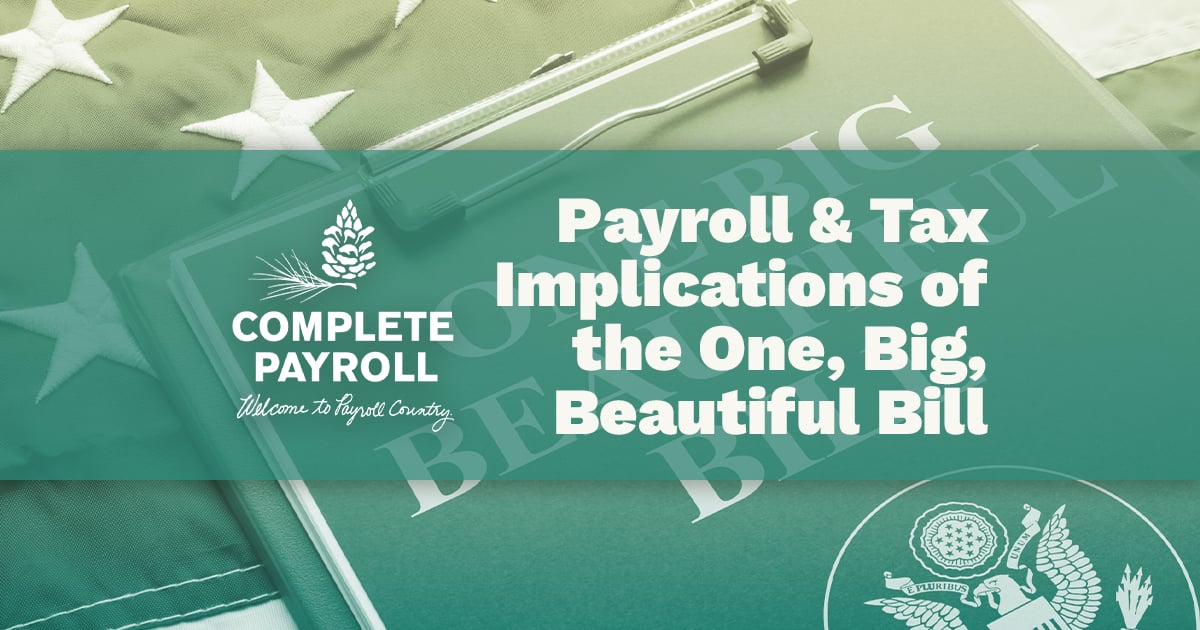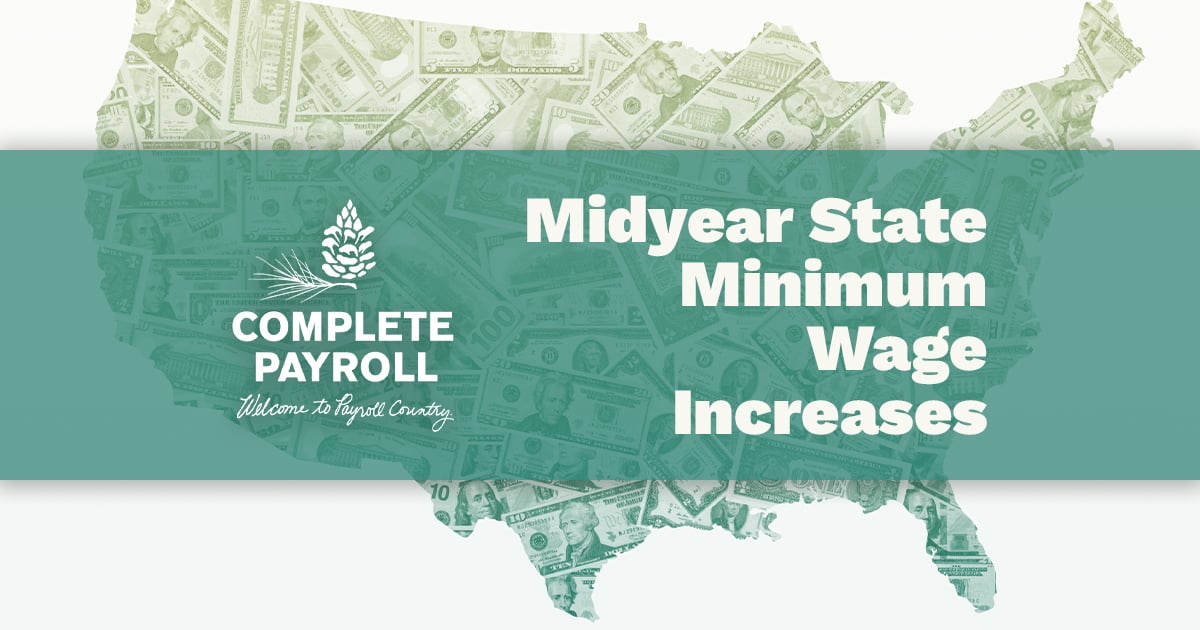If you ever do work for a federally-funded project, you need to be familiar with certified payroll and the Davis Bacon Act, as failure to meet reporting requirements can lead to hefty penalties. We’ve put together four things to remember when working on construction, repairs, and renovation of public buildings and other public holdings.
The Davis Bacon Act
During the Great Depression, competition for Federal projects was fierce. In order to protect workers from lower pay, Congress passed the Davis Bacon Act (DBA) in 1931. Contractors who have a federally-funded construction project over $2,000 are required to pay their laborers the local prevailing wage and fringe benefits for their work.
Prevailing Wage Rate
The Davis Bacon Act requires the U.S. Department of Labor to determine local prevailing wage rates for federally funded projects. According to the Davis Bacon Act, contractors and subcontractors are required to pay mechanics and laborers employed under federal contract wages that are not less than the local prevailing wage and fringe benefits for similar work in the area.
As the prevailing wage differs around the country, each state provides current county-based wage determinations according to location and type of job. By filling in a few fields, you can quickly get the wage determination (WD) for local contract action.
The Davis Bacon Act also regulates the pay requirements for apprentices and trainees for programs that are approved by the U.S Department of Labor. For contracts exceeding $100,000, the Contract Work Hours and Safety Standards Act requires payment of not less than one and a half times the regular rate of pay for work over 40 hours in a week. Some DBA contracts are also governed by the Fair Labor Standards Act and state and local laws as they apply to overtime pay.
Certified Payroll Requirements
In addition to prevailing wage rates, employers must meet other requirements for certified payroll, as outlined by the Davis Bacon Act:
- Certified payroll employees must be paid weekly
- Employee name and address, correct job classification, rate of pay, daily and weekly hours worked, and the amount actually paid must be clearly documented on payroll
Weekly Payroll Statement - The Copeland Act requires contractors and subcontractors to submit a weekly payroll report detailing the wages paid to each worker during the previous work week. The U.S. Department of Labor requires federal contractors to submit copies of the weekly payroll statement to the federal agency that contracts the work. The preferred form for submitting weekly payroll statements is the WH-347 form, as provided by the U.S. Department of Labor.
Statement of Compliance - A payroll statement becomes “certified” when the business owner, contractor, or authorized person responsible for wage payments signs the statement of compliance, which is included in the WH-347 form. (You can use a different form that includes identical wording and information.) The statement of compliance says that the attached payroll report is correct and complete and that all covered workers have been paid in accordance with the requirements of the Davis Bacon Act.
Compliance, Enforcement, and Penalties
The U.S. Department of Labor provides assistance to contractors and subcontractors, including the preparation and submission of certified payroll reports. The DOL and contracting agencies review certified payroll reports and statements of compliance to monitor that wages are being paid accurately. You may also be asked to take a voluntary survey to help determine prevailing wages in your area.
The DOL has increased its scrutiny of compliance in recent years. Contractors who willfully violate the Davis Bacon Act can be terminated, barred from government contracts, or have payments withheld.
Anyone submitting false or incorrect certified payroll information can be subject to criminal or civil prosecution. Individuals who knowingly sign a false statement of compliance are subject to fines and imprisonment as detailed in 18 USC Section 1001.
Payroll is the nucleus of your workforce. The last thing you want is to be in violation or not have all the proper paperwork completed, poor record-keeping, or worse-yet removed from a contract. Feel confident with your payroll processes with Complete Payroll. We have our pulse on the basic hourly and wage requirements, newly passed legislation, and changes that may be on the way. Complete Payroll has you covered.
















-Apr-28-2022-08-08-56-07-AM.jpg?width=1920&name=Complete%20Payroll%20Blog%20Photo%20(1)-Apr-28-2022-08-08-56-07-AM.jpg)
 Get Instant Blog Notifications
Get Instant Blog Notifications


